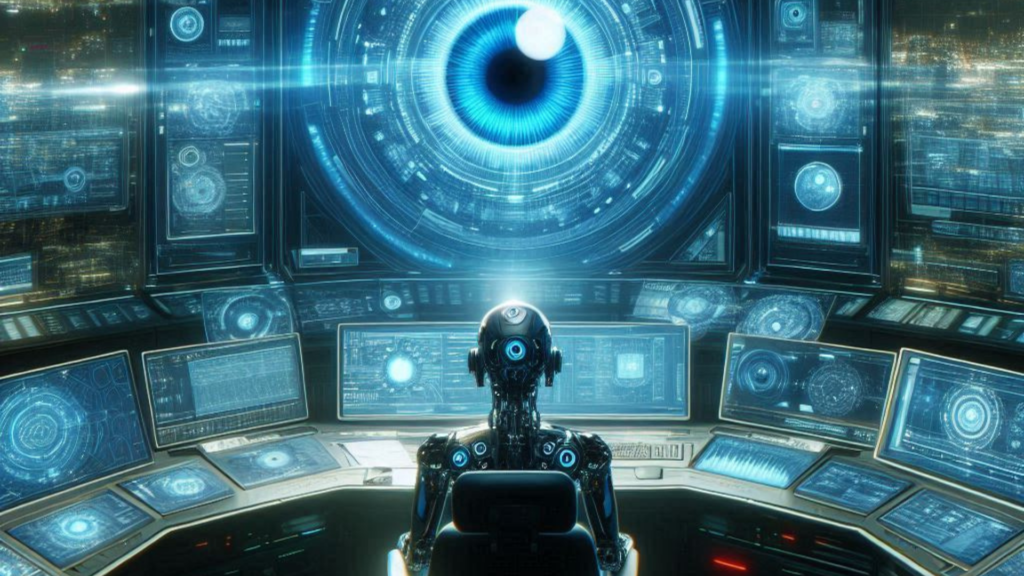In a move shaking the world of artificial intelligence, Elon Musk, the visionary behind Tesla and SpaceX, has filed a lawsuit against OpenAI, a research company he co-founded in 2015. The lawsuit alleges a “betrayal” of OpenAI’s original mission, accusing the organization of prioritizing profits over responsible AI development.
OpenAI initially established itself as a non-profit, aiming to research and develop artificial intelligence that benefits all of humanity. However, in 2019, the company transitioned to a “capped-profit” model, allowing investment opportunities but raising concerns about its commitment to its original goals.
Musk’s lawsuit centers on three main claims:
- Mission Deviation: He argues that OpenAI has strayed from its founding principles, prioritizing financial gain over the initial vision of open and accessible AI for humanity’s collective good. He cites partnerships like the one with Microsoft and the potential commercialization of technology like ChatGPT as evidence of this shift.
- Resource Misuse: The lawsuit alleges that resources initially dedicated to non-profit research are now being used for commercial purposes. This raises questions about the ethical implications of utilizing resources intended for societal benefit to pursue financial objectives.
- Potential Conflict of Interest: Given Musk’s involvement with AI ventures like Tesla and Neuralink, potential conflicts of interest arise, as some technologies being developed by OpenAI could be seen as competitors.
OpenAI is expected to contest these allegations. They likely emphasize their continued dedication to developing safe and beneficial AI, highlighting ongoing research into AI alignment and ethical considerations. The company might also argue that the capped-profit model allows them to secure resources crucial for groundbreaking research, ultimately furthering AI advancements for humanity.
This lawsuit is likely to spark wider discussions about the ethical landscape of AI development. Can innovation flourish alongside commercial interests? How can organizations balance these factors while ensuring responsible AI development? The case is likely to be closely watched by the tech industry and the scientific community, potentially setting precedents for future AI development endeavors.




